The Time Is Now: Writing Prompts and Exercises
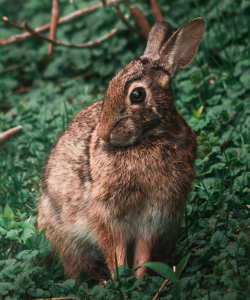
Begin writing a series of poems in the epic tradition, a story with a frenetic narrative voice, or short reflections on animals.
Jump to navigation Skip to content
Articles from Poet & Writers Magazine include material from the print edition plus exclusive online-only material.

Begin writing a series of poems in the epic tradition, a story with a frenetic narrative voice, or short reflections on animals.
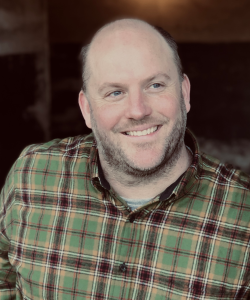
The acclaimed fiction writer unpacks the art of the longer short story—a form with space for ambitious plot and rich characterization, with the pressure and punch of concision.

An author who worked for years as a scribe at the Harvard Business School shares the lessons she learned that can be applied to writing, most notably: Believe that what you do is valuable.

A novelist explores the craft of imagining a fictional setting based on a real-world location that holds a capacity for convergence, a place where many threads intersect and many stories are born.

After an unexpected split from her longtime agent, an author reconnects with her sense of calling and remembers who she writes for: herself.
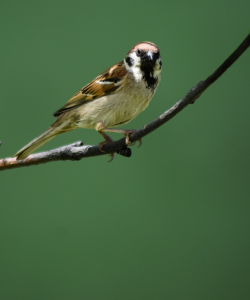
Write a sparrow poem, a story about the loss of self during a period of social upheaval, or a series of vignettes that look back on several past jobs you’ve had.
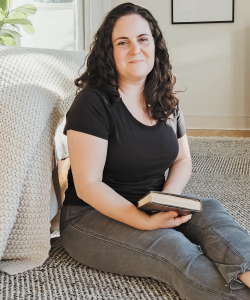
Writing a book is a daunting challenge—but the texts we know and love can help. A nonfiction writer describes how a methodically organized spreadsheet of favorite quotes aided her journey from proposal to finished memoir.
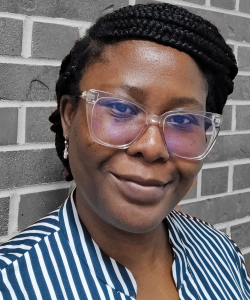
A Nigerian professor and fiction writer describes how a new place like Starkville, Mississippi, becomes a home and how the color, texture, and form of her surroundings make their way into her storytelling.

Write a poem that creates unexpected connections, a story from the point of view of someone older than you, or a pair of lyrical essays that explore your personal responses to losses and gains.
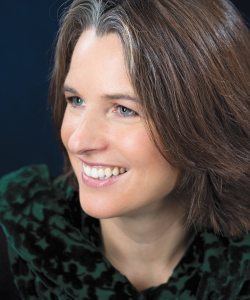
A writer discusses the impact of perceived literary success on her marriage to another writer, drawing attention to the domestic and quotidian labor behind the privilege of being able to pursue one’s creative dreams.
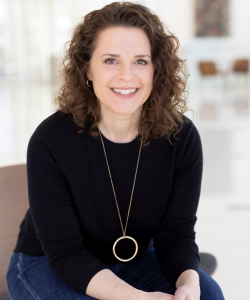
A novelist describes her exposure to a multitude of scientific disciplines as the writer-in-residence at the Wisconsin Institute for Discovery and shares how exploring something completely new has lent fresh energy to her work.

An immigrant novelist reflects on the opportunities extended to her by the American publishing industry—and challenges the notion that she should be grateful to be given any kind of welcome.
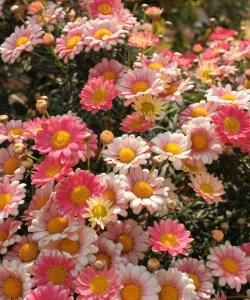
Write a poem that uses the language of flowers to share a secret, a scene where a young person expresses their thoughts about a parental figure, or an essay based on the logic of your own dreams.
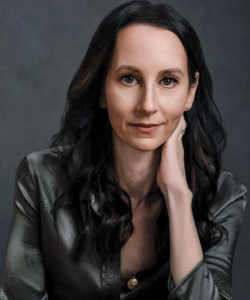
Books centering mothers are often lumped into one category by the publishing industry, flattening the nuanced and varied experiences of this group into a one-size-fits-all niche. A memoirist asks the industry to do better.

Write a poem that uses the metaphor of a bridge to represent a complex family dynamic, a short story that reconceptualizes historical fiction, or a lyrical essay that reflects on the stages of returning to a former self.
Writers share how they approach the writing life where they live, their personal points of view on the literary community (both small and large) and their place within it, and what resources are available to them as writers who don’t live in a metropolitan area.

Every poetry collection has its “maybes” and “almosts,” the poems that didn’t make it to publication. A debut poet considers the poems that haunt a book from the outside.

The author of Border Less describes how audience responses to her debut novel’s play with form led her to wonder about the greater implications of the Western fixation on realism as the accepted novel style.
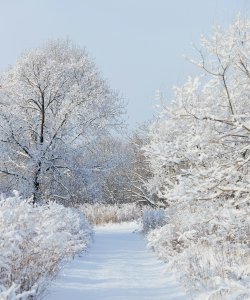
Write a poem about the pains and pleasures of cold weather, a short story that brings together an unexpected series of events, or an essay that contemplates companionship.
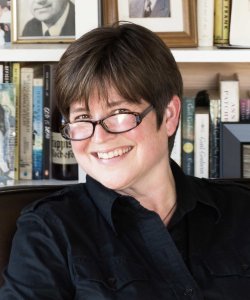
A novelist based in rural Maine shares how she creates community—by reading her literary ancestors, engaging with living writers all over the state, and hosting an online writers studio—all while dispensing with the archetype of the lonely writer.

After years spent on frustrating, time-consuming drafts, creating visual models helped one writer to assess the current state of a manuscript, estimate a completion date, and build confidence.
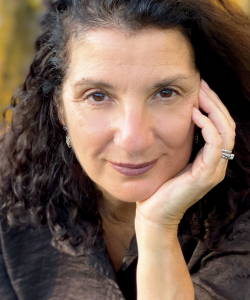
Before the author of Barnflower was a writer, she was a farm kid. The memoirist shares moments from her book tour, which included meeting cows and visiting corn mazes alongside reading at local bookstores and reconnecting with friends.
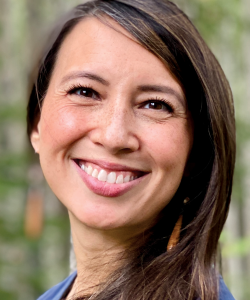
From her home just outside of Fairbanks proper, a poet subverts mainstream Alaskan imagery to conjure the reality of her writing life, which includes a local waste transfer site, muddy shoulder seasons, and slow internet.
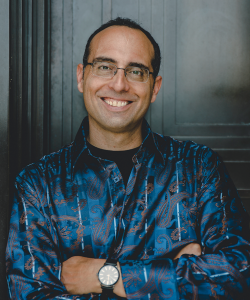
A poet explores the struggle to balance his roles as writer, educator, and activist during the war in Gaza and the refusal of silence during a conflict that has killed tens of thousands of civilians.
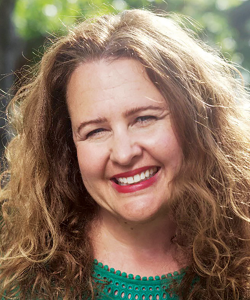
Rejection of your work can be crushing, especially when the subject of your writing is personal. A writing teacher and book coach recounts her experience being guided and then stood up by an agent who expressed interest in her book.